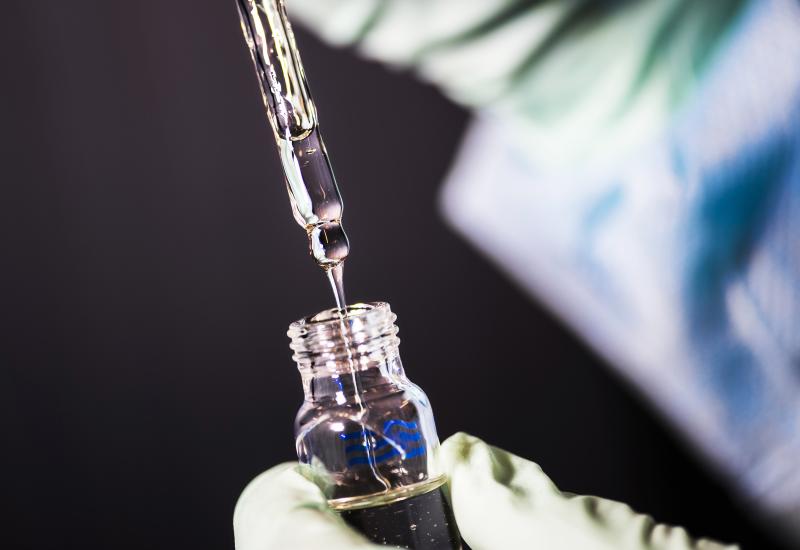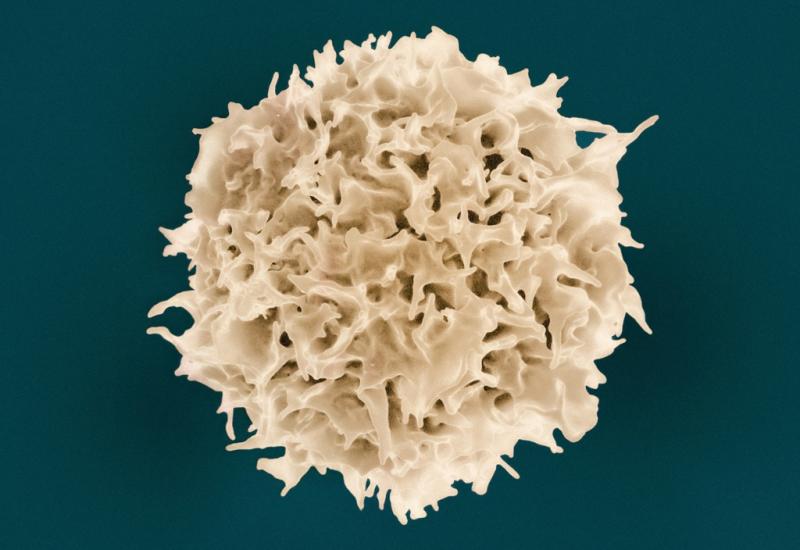
Bristol backs out of BET inhibition
A pipeline cull sees the US pharma joining AbbVie's exit, in the wake of Novartis’s big bet.
A pipeline cull sees the US pharma joining AbbVie's exit, in the wake of Novartis’s big bet.

A pipeline cull emerged from Bristol Myers Squibb’s earnings report yesterday, with 12 projects discontinued and a review of further assets ongoing, executives revealed. A full list has yet to emerge, but a BET inhibitor and assets targeting SIRPα and CTLA-4 were said to be among the dead.
Walking away from BET inhibition is notable when considering that Novartis’s €2.7bn acquisition of MorphoSys was largely about this approach. A review of OncologyPipeline reveals few competitors in the late-stage pipeline; despite this Bristol decided that the potential market wasn't big enough to justify the investment.
BMS-986158 or ezobresib “does not meet the threshold to be a driver for our growth potential”, Samit Hirawat, Bristol’s chief medical officer, told investors yesterday. He said the CTLA-4 and SIRPα assets – presumably CC-95251/BMS-986351 and BMS-986288 respectively – were cut because emerging data weren't competitive enough.
The CTLA-4 move was already known – CytomX said earlier this year that Bristol had handed back a second probody asset. At time of publishing Bristol had not returned ApexOnco's email seeking details of other abandoned assets.
BET back out
Bristol’s decision to abandon ezobresib comes after AbbVie also exited the space earlier this year. A lack of dazzling data from BET inhibitors makes the moves understandable, Novartis’s Morphosys acquisition notwithstanding.
That deal was about pelabrasib, the prospects of which remain questionable despite the big pharma vote of confidence. Data at last year’s ASH showed the project, in combination with Jakafi, struggling to improve symptoms of myelofibrosis; Novartis is presumably confident that the FDA can be convinced.
Perhaps Bristol also concluded that pelabresib approval is on the way. It was much further behind with ezobresib; a second Bristol BET inhibitor, trotabresib, also looks to have been binned, going by the recent withdrawal of a trial.
That leaves Incyte as Novartis’s biggest competitor, setting up an interesting situation: the companies’ have an ongoing partnership around Jakafi. Incyte plans to move INCB057643 into phase 3 later this year, although again this is a project not without red flags.
Interim data at last year’s ASH showed encouraging signs of efficacy marred by dose-limiting thrombocytopenia at 6mg daily when combined with Jakafi. And it should be remembered that toxicity concerns caused a phase 1 trial of INCB057643 to be terminated in 2019.
Nuvation claims to have an answer to the toxicity seen with the BET inhibitor class with its contender, NUV-868. The group says ‘868’s selectivity for BD2, over BD1, bestows efficacy and safety advantages over BET inhibitors that hit both domains. Work remains early, however, with a phase 1b solid tumour combination trial ongoing.
BET inhibition: the late stage pipeline
| Project | Company | Status |
|---|---|---|
| Pelabresib | Novartis (Morphosys) | US filing planned for H2 2024 |
| INCB054329 | Incyte | Ph3 planned for H2 2024; phase 1 ongoing |
| JAB-8263 | Jacobio Pharmaceuticals | Ph2 to be initiated in H2 2024 (ph1/2 ongoing in China) |
| ZEN-3694 | Zenith Epigenetics | Most advanced in prostate cancer, with two ph2 trials ongoing. |
| NUV-868 | Nuvation Bio | Ph1b combination trial ongoing in breast and prostate cancer |
| TQB3617 | Sino Biopharm | Ph1/2 combination trials ongoing in China in myelofibrosis and cancer |
| Ezobresib (BMS-986158) | BMS | Abandoned in ph2 |
| Trotabresib (BMS-986348) | BMS | Abandoned in ph1? |
Source: OncologyPipeline.
Elsewhere, a poor financial position is arguably Zenith’s biggest handicap. The Canadian biotech has one asset in the BET inhibitor ZEN-3694, which is being trialled in various combinations across several tumour types. Cash or partners will have to be found to push forward, although it is worth noting that Merck & Co and Astellas are already on board as clinical collaborators in prostate cancer.
Work is also going on in China, of course, although Jacobio possibly has an eye on Western markets, with its phase 1 trial having taken place in the US.
All of which means that if Novartis wins over the FDA it could own the only marketed BET inhibitor for some time.
2679













